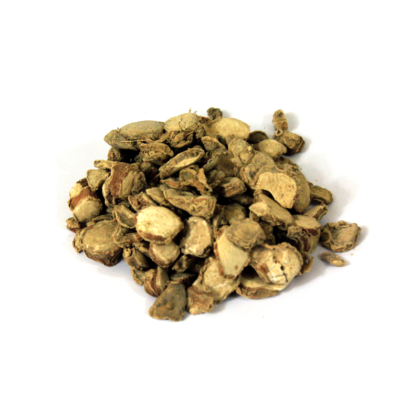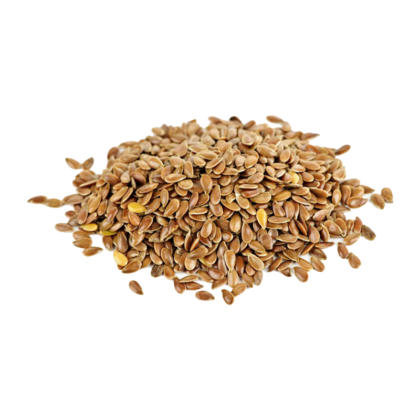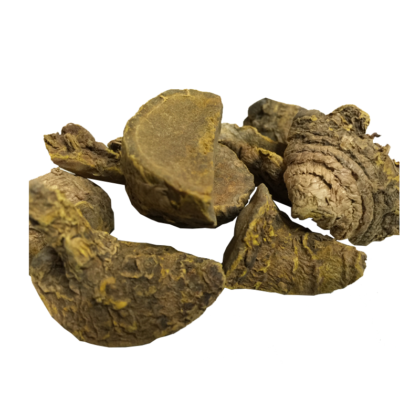Areca nut Price in Pakistan
Introduction:
The Areca nut, also known as betel nut, is a popular seed that holds cultural significance in various regions around the world. It is widely used for its stimulating and medicinal properties. we will explore the price of Areca nut in Pakistan, along with five key benefits, common uses, and precautions associated with its usage. We will also provide the names of the Areca nut in Urdu, English, French, Arabic, and its scientific terminology.
Understanding Areca Nut:
The Areca nut comes from the Areca palm tree (scientific name: Areca catechu) and is the seed of the fruit produced by the tree. It is often chewed with betel leaf and other ingredients to create a traditional preparation known as “paan.” The Areca nut contains an alkaloid called arecoline, which contributes to its stimulating effects.
Common Names in Different Languages:
Urdu: In Urdu, the Areca nut is commonly known as “Supari” or “Chaliya.”
English: In English, it is referred to as “Areca nut” or “Betel nut.”
French: In French, the Areca nut is known as “Noix d’arec” or “Noix de bétel.”
Arabic: In Arabic, it is called “Jawz al-siq” or “Jawz al-qat.”
Scientific Name: The scientific name for the Areca nut is Areca catechu.
Price of Areca Nut in Pakistan:
The price of Areca nut in Pakistan can vary depending on factors such as quality, size, and market demand. On average, Areca nuts are available at prices ranging from approximately PKR [insert price range] to PKR [insert price range] per kilogram in local markets or paan shops. It is advisable to consult reputable suppliers or local vendors for the most accurate and up-to-date pricing information.
Benefits of Areca Nut:
Stimulant Properties: The Areca nut contains arecoline, which acts as a mild stimulant and may provide a temporary energy boost.
Digestive Aid: Chewing Areca nut is believed to stimulate saliva production and enhance digestion, aiding in the breakdown of food.
Oral Health: Areca nut has been traditionally used for its potential antimicrobial properties, which may contribute to oral health benefits.
Cultural Significance: Areca nut holds cultural significance in various communities and is often included in traditional rituals and social gatherings.
Traditional Medicine: In some traditional medicinal practices, Areca nut is used for its potential medicinal properties, although it is important to consult healthcare professionals for guidance.
Usages of Areca Nut:
Chewing: Areca nut is commonly chewed with betel leaf, along with other ingredients such as tobacco or spices, to create a traditional preparation called “paan.” It is popular in social settings and cultural practices.
Flavoring: Areca nut is used as a flavoring ingredient in various confectionery, sweets, and pan masala products.
Traditional Remedies: In traditional medicine, Areca nut is used in specific preparations or formulations for various purposes, although caution is advised, and professional guidance should be sought.
Cultural Practices: Areca nut holds cultural significance in social gatherings, festivals, and traditional ceremonies, where it is often offered or shared as a symbol of hospitality.
Industrial Uses: Areca nut extracts or derivatives may find applications in industries such as pharmaceuticals, cosmetics, or food processing, although further research is needed.
Areca nut Precautions:
Oral Health Concerns: Prolonged use of Areca nut, particularly when combined with other ingredients like tobacco, can lead to oral health issues such as stained teeth, gum disease, and oral cancer.
Addiction Potential: Areca nut contains arecoline, which has addictive properties. Excessive or prolonged consumption may lead to dependency and associated health risks.
Health Conditions: Individuals with certain health conditions, such as heart disease, high blood pressure, or mental health disorders, should exercise caution and seek medical advice before using Areca nut products.
Pregnancy and Breastfeeding: Pregnant and breastfeeding women should avoid the use of Areca nut due to potential risks to both maternal and fetal health.
Allergies: Individuals with known allergies to Areca nut or related substances should avoid its use to prevent allergic reactions.
The Areca nut, known as “Supari” or “Chaliya” in Urdu, holds cultural significance and offers various benefits and applications. While it is commonly chewed with betel leaf as part of cultural practices, it is important to be aware of potential risks associated with its usage.
As with any natural substance, it is advisable to exercise caution, consider individual precautions, and consult healthcare professionals for guidance. Embrace the cultural heritage and moderate use of the Areca nut while prioritizing your well-being.
You may also view this product: Areca nut Price in Pakistan





Reviews
There are no reviews yet.